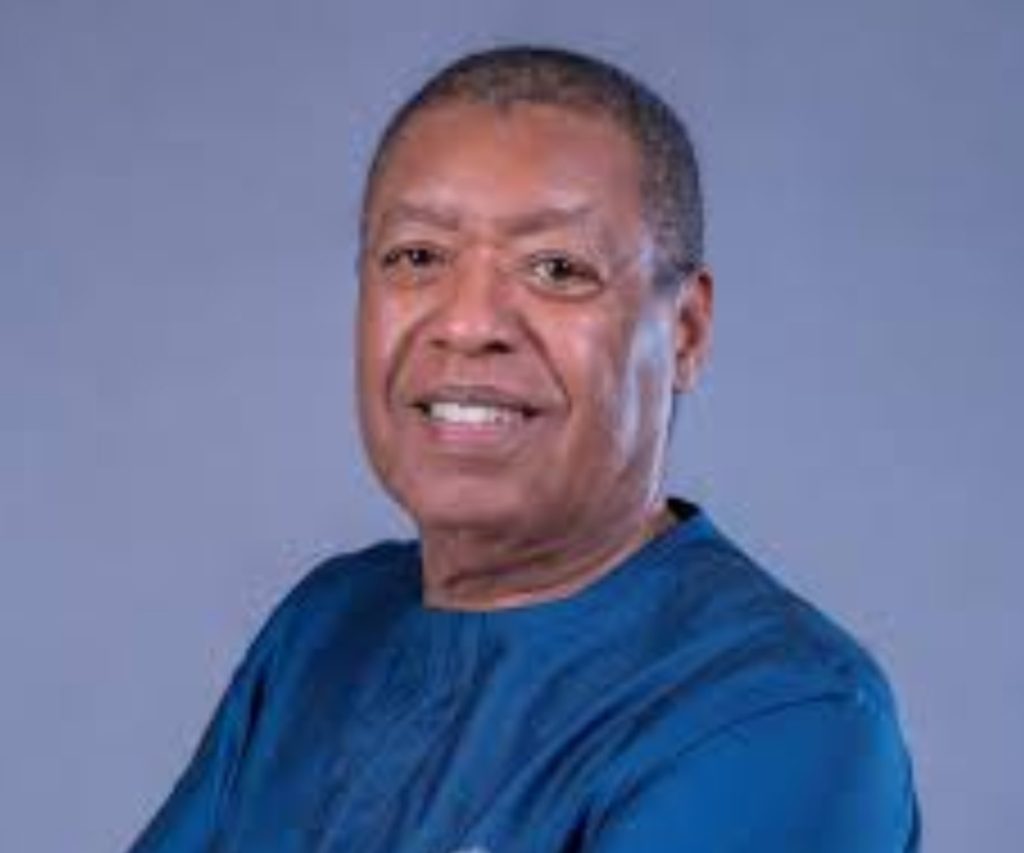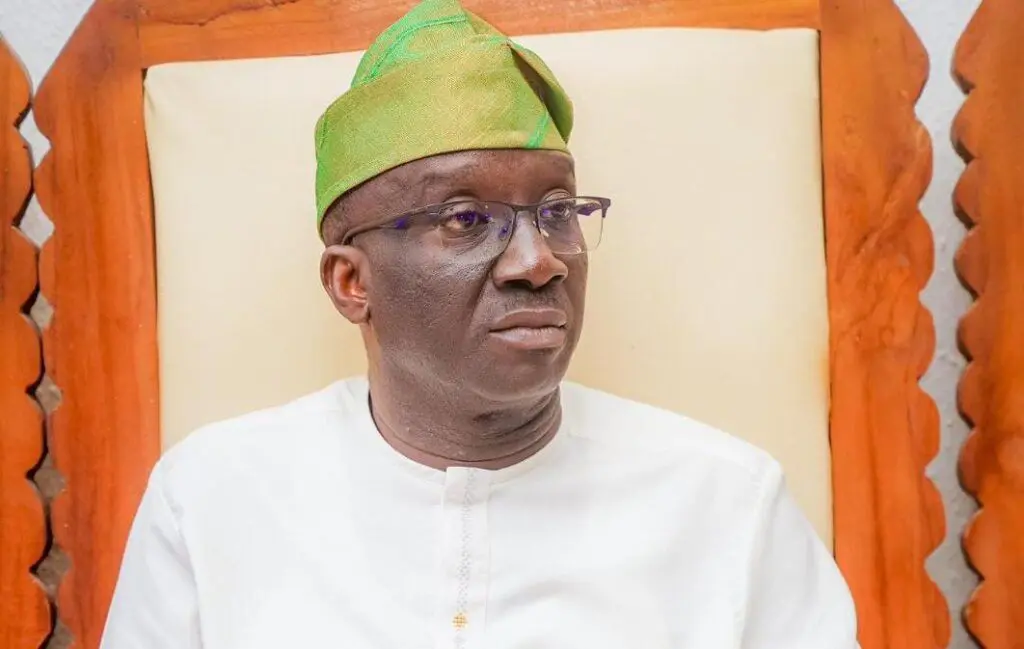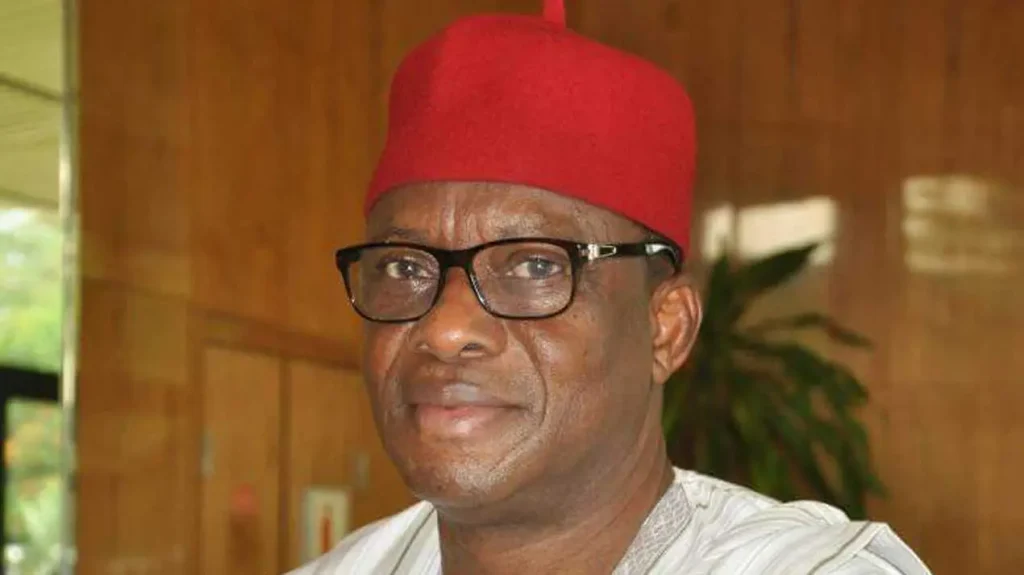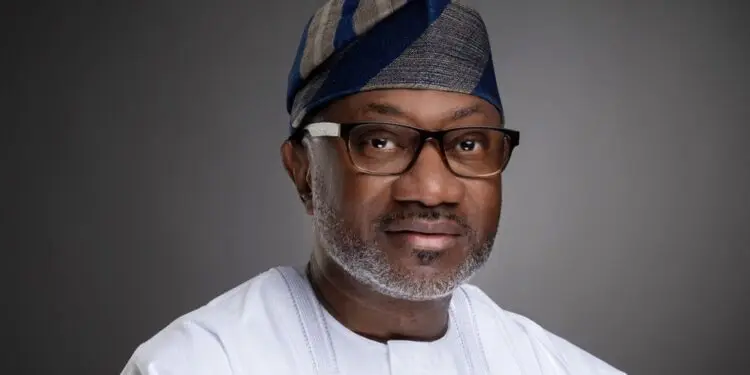A stark warning has been issued by Keith Kellogg, US President Donald Trump’s special envoy, that the recent Ukrainian drone attacks on Russian airfields have significantly heightened the risk of escalation in the conflict between Russia and Ukraine. The attack, which targeted airfields in five regions, reportedly housed Russian nuclear-capable bombers, including the Tu-95 and Tu-22M strategic bombers, as well as an A-50 early warning and control plane.
According to the Defense Ministry in Moscow, the drone raid was launched by Kiev on Sunday, with officials claiming the attack was aimed at Russia’s strategic aviation. Russian officials described the incident as a “terrorist attack” that was repelled with no casualties, although several aircraft caught fire. In a Tuesday interview with Fox News, Kellogg emphasized the gravity of the situation, stating, “The risk levels are going way up… When you attack an opponent’s part of their national survival system, which is their nuclear triad… that means your risk level goes up because you don’t know what the other side’s going to do.”
Kellogg’s concerns were further compounded by unconfirmed reports that Ukraine also struck the Northern Fleet headquarters in Severomorsk, which would have meant that two of the three legs of Russia’s nuclear triad were under attack. The envoy noted that the psychological impact of such attacks is just as significant as the physical damage, adding that Ukraine’s actions were intended to “raise the risk level to levels that are basically, to me, they’ve got to be unacceptable.”
The New York Times reported earlier this week, citing sources, that Ukraine did not provide advance notice to the US of the strikes, and that the two sides currently have no joint planning on operations inside Russian territory. The same sources believe that Moscow is likely to mount “a significant retaliation,” although the specifics remain unclear. This sentiment was echoed by Dmitry Medvedev, a former Russian president and current deputy chairman of Russia’s Security Council, who warned that a response was “inevitable” following the attacks.
As tensions continue to escalate, the international community remains on high alert, waiting to see how the situation will unfold. With the risk of further retaliation looming, the conflict between Russia and Ukraine has reached a critical juncture, and the world is watching with bated breath. The unpredictable nature of the situation has raised concerns globally, with many wondering what the next move will be and how it will impact the already fragile relationship between the two nations.



